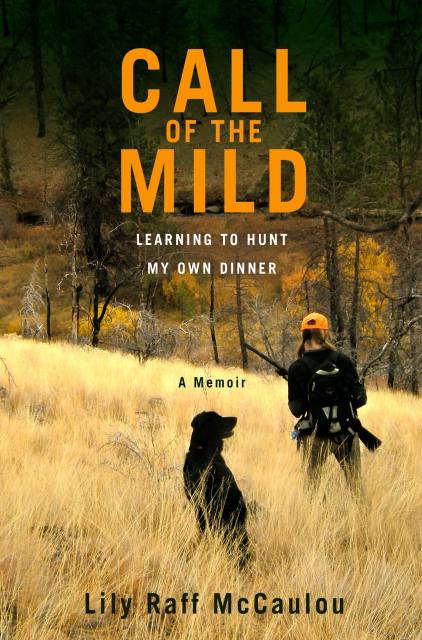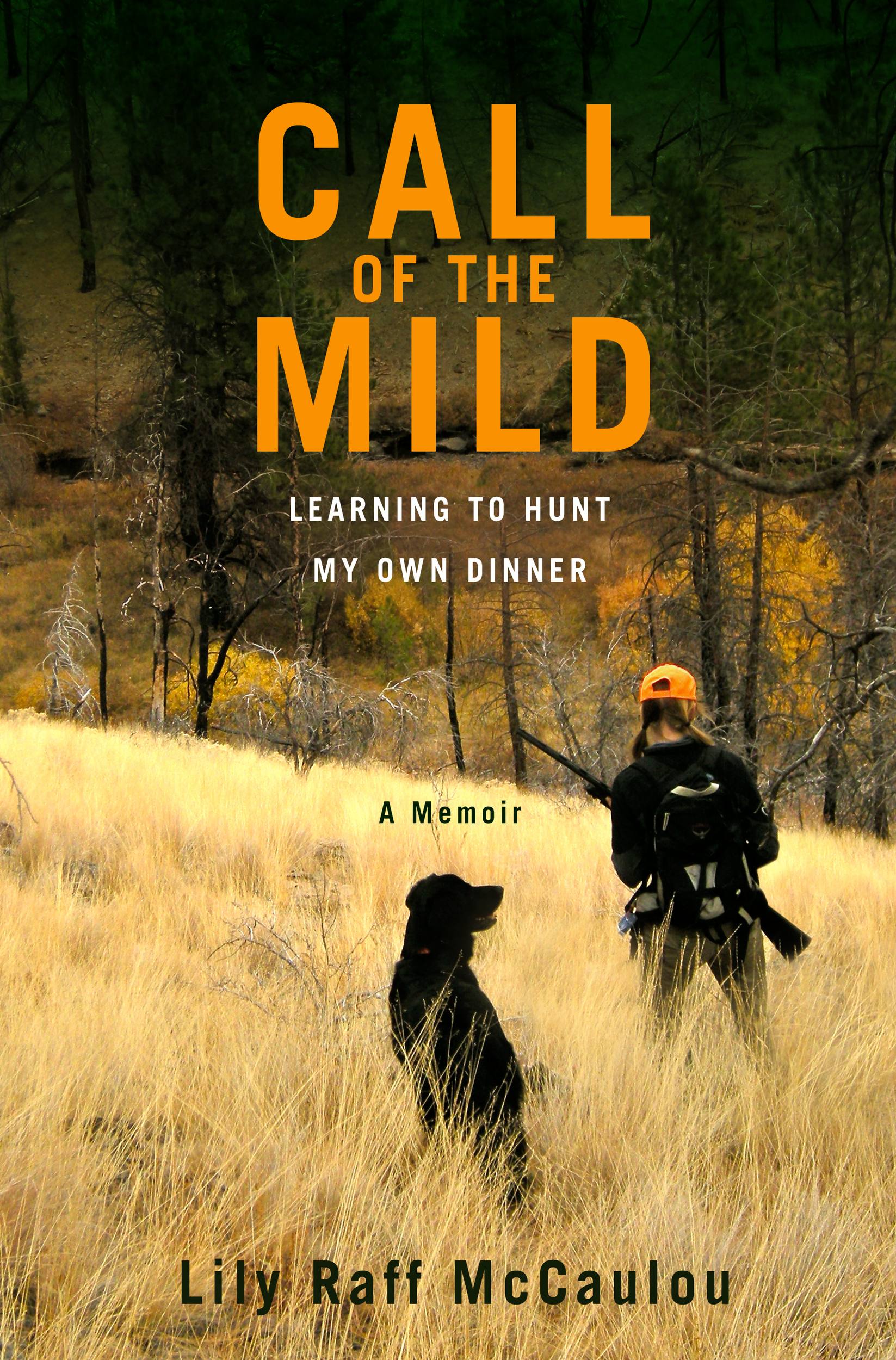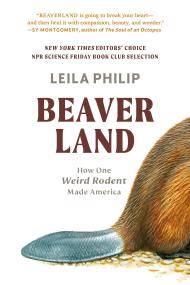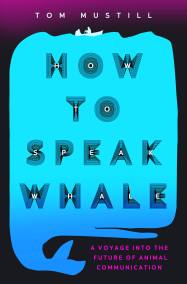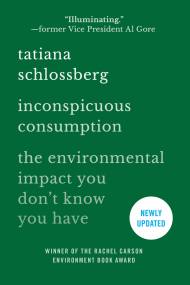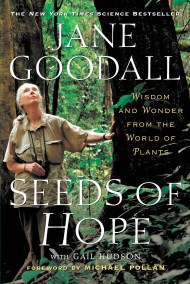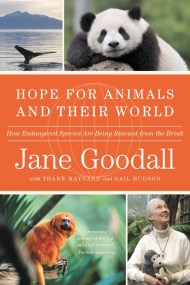Promotion
Use code MOM24 for 20% off site wide + free shipping over $45
Call of the Mild
Learning to Hunt My Own Dinner
Contributors
Formats and Prices
Price
$12.99Price
$16.99 CADFormat
Format:
- ebook $12.99 $16.99 CAD
- Hardcover $38.00 $48.00 CAD
This item is a preorder. Your payment method will be charged immediately, and the product is expected to ship on or around June 12, 2012. This date is subject to change due to shipping delays beyond our control.
Also available from:
From an outsider perspective learning about a sometimes misunderstood cultural pastime, a beautifully written and contrarian narrative about what it means to hunt in America today.
When Lily Raff McCaulou traded in an indie film production career in New York for a reporting job in central Oregon, she never imagined that she'd find herself picking up a gun and learning to hunt. She'd been raised as a gun-fearing environmentalist and an animal lover, and though a meat-eater, she'd always abided by the principle that harming animals is wrong. But Raff McCaulou's perspective shifted when she began spending weekends fly-fishing and weekdays interviewing hunters for her articles, realizing that many of them were more thoughtful about animals and the environment than she was.
So she embarked upon the project of learning to hunt from square one. From attending a Hunter Safety course designed for children to field dressing an elk and serving it for dinner, she explores the sport of hunting and all it entails, and tackles the big questions surrounding one of the most misunderstood American practices and pastimes. Not just a personal memoir, this book also explores the role of the hunter in the twenty-first century, the tension (at times artificial) between hunters and environmentalists, and new models of sustainable and ethical food procurement.
When Lily Raff McCaulou traded in an indie film production career in New York for a reporting job in central Oregon, she never imagined that she'd find herself picking up a gun and learning to hunt. She'd been raised as a gun-fearing environmentalist and an animal lover, and though a meat-eater, she'd always abided by the principle that harming animals is wrong. But Raff McCaulou's perspective shifted when she began spending weekends fly-fishing and weekdays interviewing hunters for her articles, realizing that many of them were more thoughtful about animals and the environment than she was.
So she embarked upon the project of learning to hunt from square one. From attending a Hunter Safety course designed for children to field dressing an elk and serving it for dinner, she explores the sport of hunting and all it entails, and tackles the big questions surrounding one of the most misunderstood American practices and pastimes. Not just a personal memoir, this book also explores the role of the hunter in the twenty-first century, the tension (at times artificial) between hunters and environmentalists, and new models of sustainable and ethical food procurement.
Genre:
- On Sale
- Jun 12, 2012
- Page Count
- 336 pages
- Publisher
- Grand Central Publishing
- ISBN-13
- 9781455510641
Newsletter Signup
By clicking ‘Sign Up,’ I acknowledge that I have read and agree to Hachette Book Group’s Privacy Policy and Terms of Use
